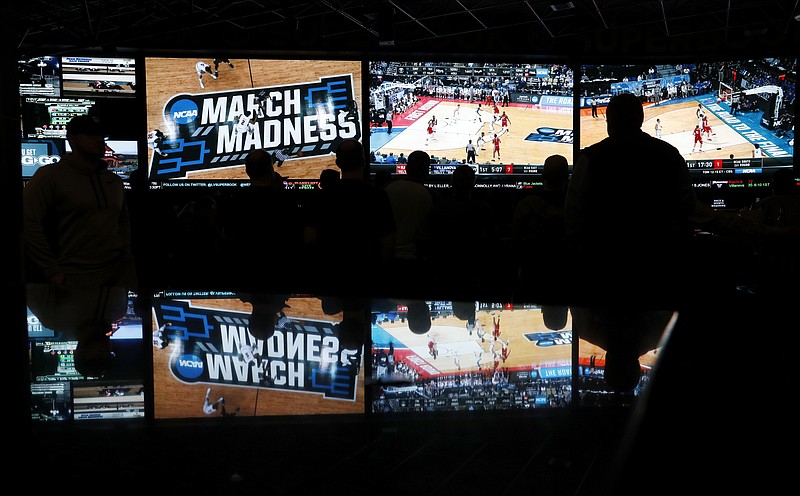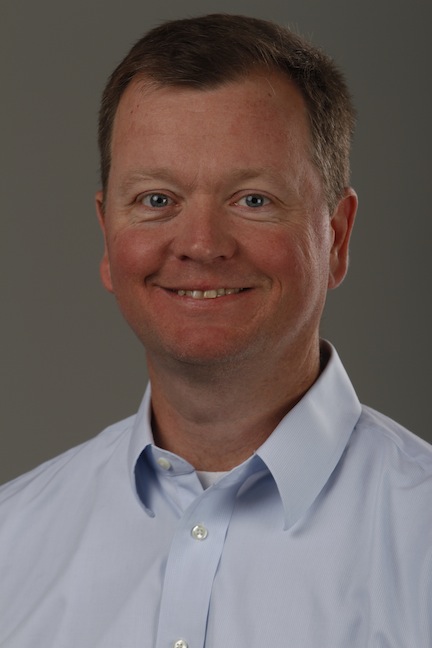The Supreme Court on Monday ruled that a 1992 federal law prohibiting states access to have legalized sports betting violated the 10th Amendment and is unconstitutional.
Technically, the high court did not legalize sports gambling. It ruled the federal government can't impose its will on states in the matter.
That's clear.
The decision does not mean starting this morning you can walk down the street or fire up the internet and take the Cavs over the Celtics. It means that state governments are about to weigh the controversial and lucrative issue of whether they should allow legalized sports wagering in their states, and how that process should be done and who should run it.
And know this: In January, 20 state legislatures reviewed proposals to legalize sports betting. According to Dan Wallach, a Florida-based attorney who is one of the experts on sports gambling law, as many as 10 or 12 states will have legalized sports betting before the start of the NFL season in September. He said that states that already had casinos or racetracks would be among the first to act, because they already have structure and gambling guidelines in place.
Tennessee does not have casinos or racetracks, and there has been no action taken by the General Assembly about sports betting. Yet.
Still, it's hard to see any state turning down the revenue opportunity, especially those that already have a state-funded lottery.
Now a millions-if-not-billion-dollar sports gambling decision will rest on the shoulders of state leaders. And that brings us to Tennessee and the campaigning among those who want to be our next governor. Several of the candidates have tons of money, and they are spending it - to promote themselves or undermine their opponents.
Remember those campaign ads earlier this year that featured the sound of a flushing toilet and a man saying he'd rather flush away his money than give it to Diane Black, a congresswoman running in the GOP primary? The ads called her "dishonest Diane" and claimed she "steered millions of dollars in no bid, state contracts to her husband's company." (The Boyd campaign said it had nothing to do with the ad).
Well, those ads, according to the Associated Press, were paid for by a political action committee, Tennessee Jobs Now. That PAC received $200,000 from Joe Hollingsworth Jr., of Clinton, Tenn., who also gave $8,000 to Randy Boyd's campaign last year.
The Tennessee Jobs Now group has direct connections to a PAC called Indiana Jobs Now. GOP operative James McKay, according to The Tennessee Journal's Humphrey on the Hill reporting, registered the Jobs Now PACs in each state.
And the treasurer of the Tennessee Jobs Now PAC during the time of the anti-Black ads was Maria Wojciechowski, who lives in Virginia. She is also registered with the FEC as the treasurer of the Future45 Super PAC.
According to multiple media reports, the Future45 Super Pac has two primary billionaire sugar daddies: TD Ameritrade founder Joe Rickets and Sheldon Adelson.
Adelson was listed by Forbes as having a net worth of more than $40 billion, making him the 19th-richest person in the world. The source of his billions, of course, is multiple casinos around the world, including the Sands chain headquartered in Las Vegas.
So why would a Las Vegas billionaire be intrigued by the Tennessee governor's race? Well, in gambling terms, that potentially could be called hedging your bets.
If gambling becomes legal in dozens, if not all, states other than Utah, it would hurt Las Vegas casinos. Why travel to Vegas for the Super Bowl or March Madness or to bet on the next big Floyd Mayweather matchup when you can drive down the street or to the next town over and do it?
So if people are not coming to your casino, why not be in a position to take your casino to them?
And in a state like Tennessee, a state without a plan as yet to take on whether to legalize sports betting, what better way to get your foot in the door than playing early in state politics?
That's a bet Adelson certainly would seem likely to make.
Contact Jay Greeson at jgreeson@timesfreepress.com and 423-757-6343.

